Tag: monetary policy

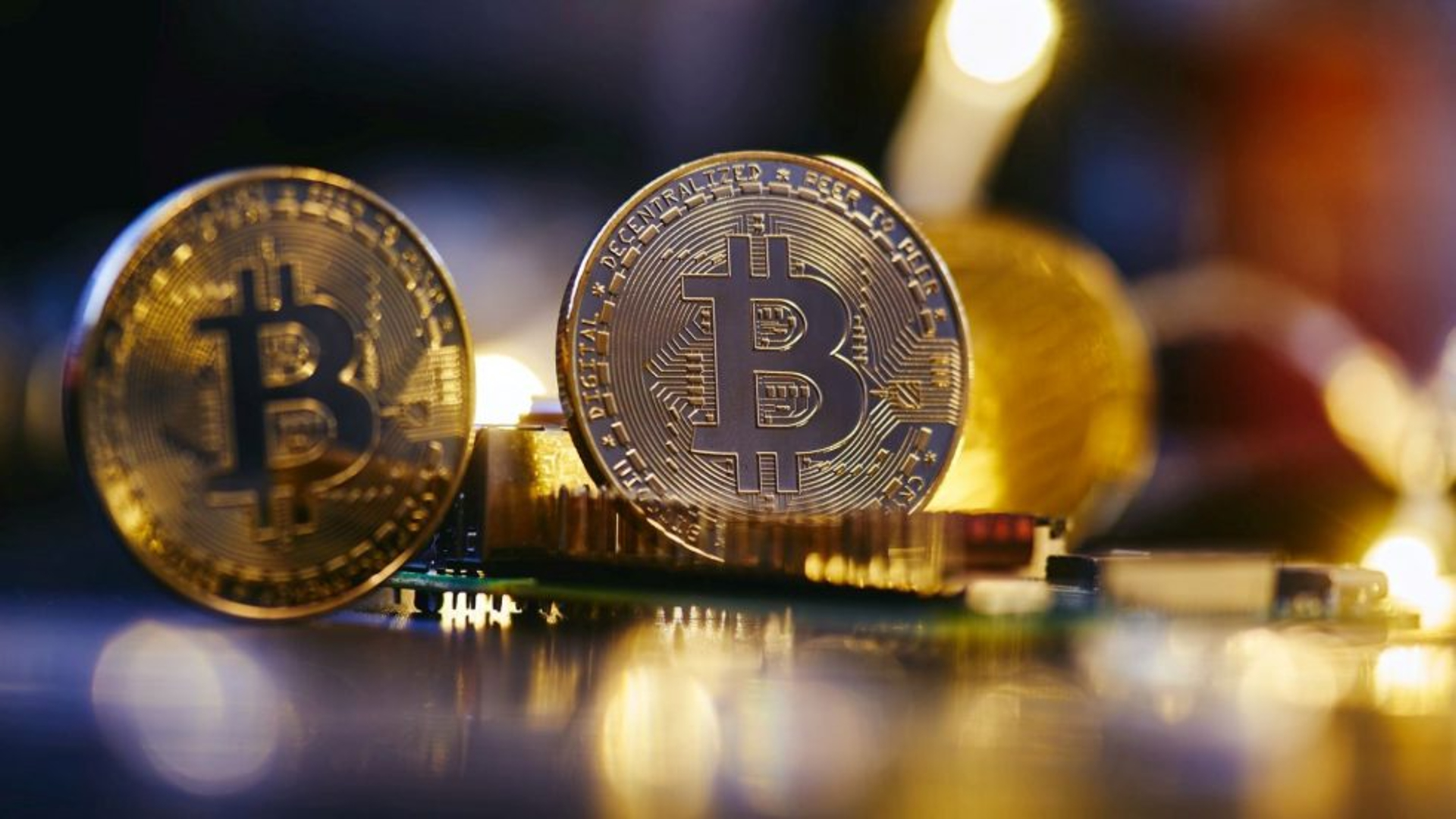
What makes Bitcoin such a revolutionary concept?
January 3, 2024 | Post
In the 15 years since the Genesis Block, the first set of 50 BTCs, was mined in January 2009, Bitcoin’s profile and impact on the global economy has increased exponentially. Hundreds of millions of people around the world have begun to recognize the merits of the truly revolutionary concept of a decentralized peer-to-peer currency.

The elite v. the people: Nigeria’s “cashless experiment”
December 14, 2023 | Post
A cashless society: the International Monetary Fund (IMF) calls it the future of money. The World Economic Forum (WEF) was enthusiastic about the concept way before it was cool. In the United States, the usual suspects such as the Brookings Institute and the New York Times ask our leaders to have the boldness and courage to follow this new path.
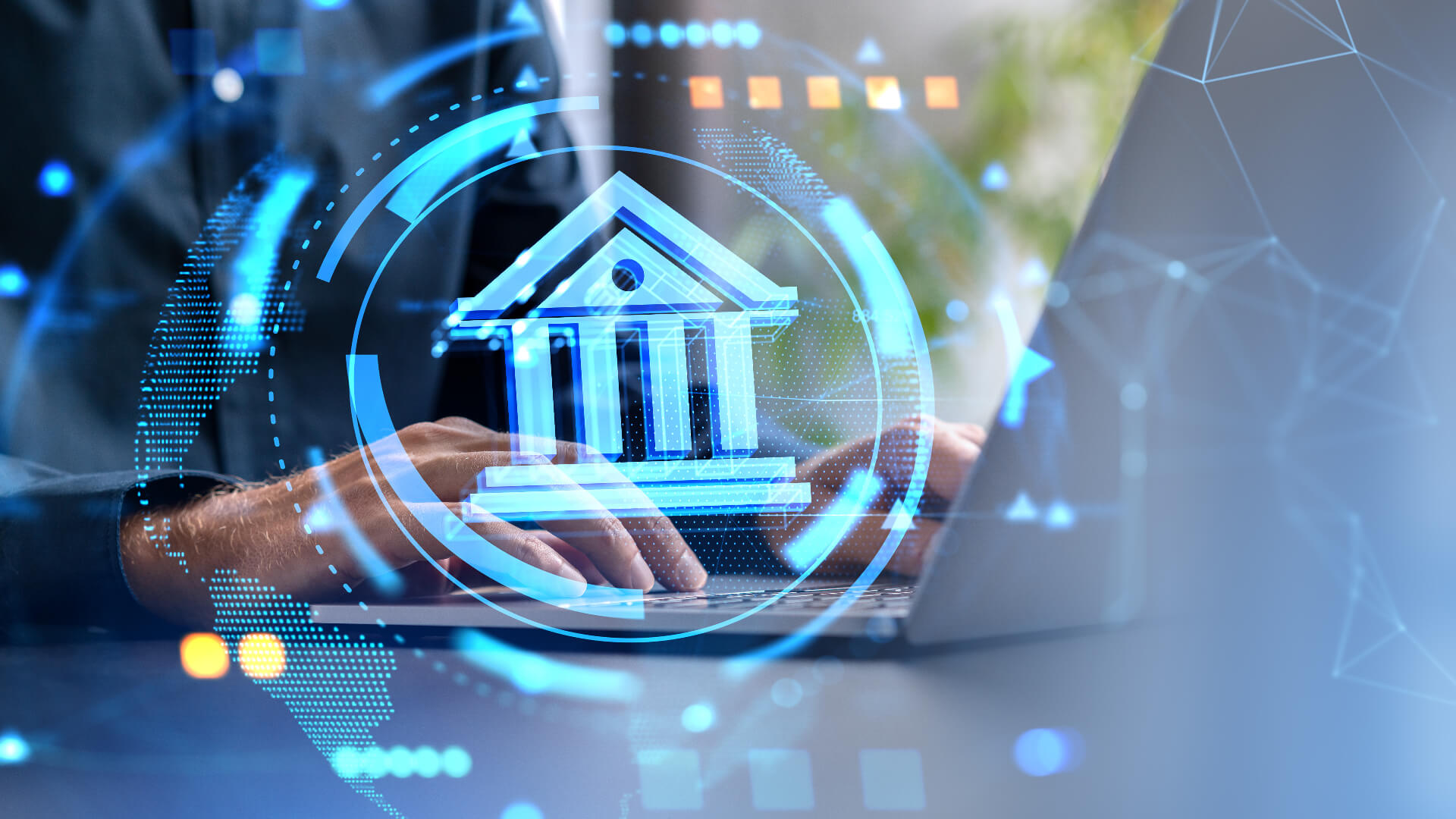
If you care about liberty, beware of CBDCs
December 11, 2023 | Post
In recent years, the concept of Central Bank Digital Currencies (CBDCs) has gained increasing traction across the globe, with proponents lauding the potential benefits of a digitized monetary system.
However, when we explore the real-life implications of CBDCs, it becomes increasingly clear that the rush toward digital currencies controlled by central banks poses a significant threat to individual liberty.
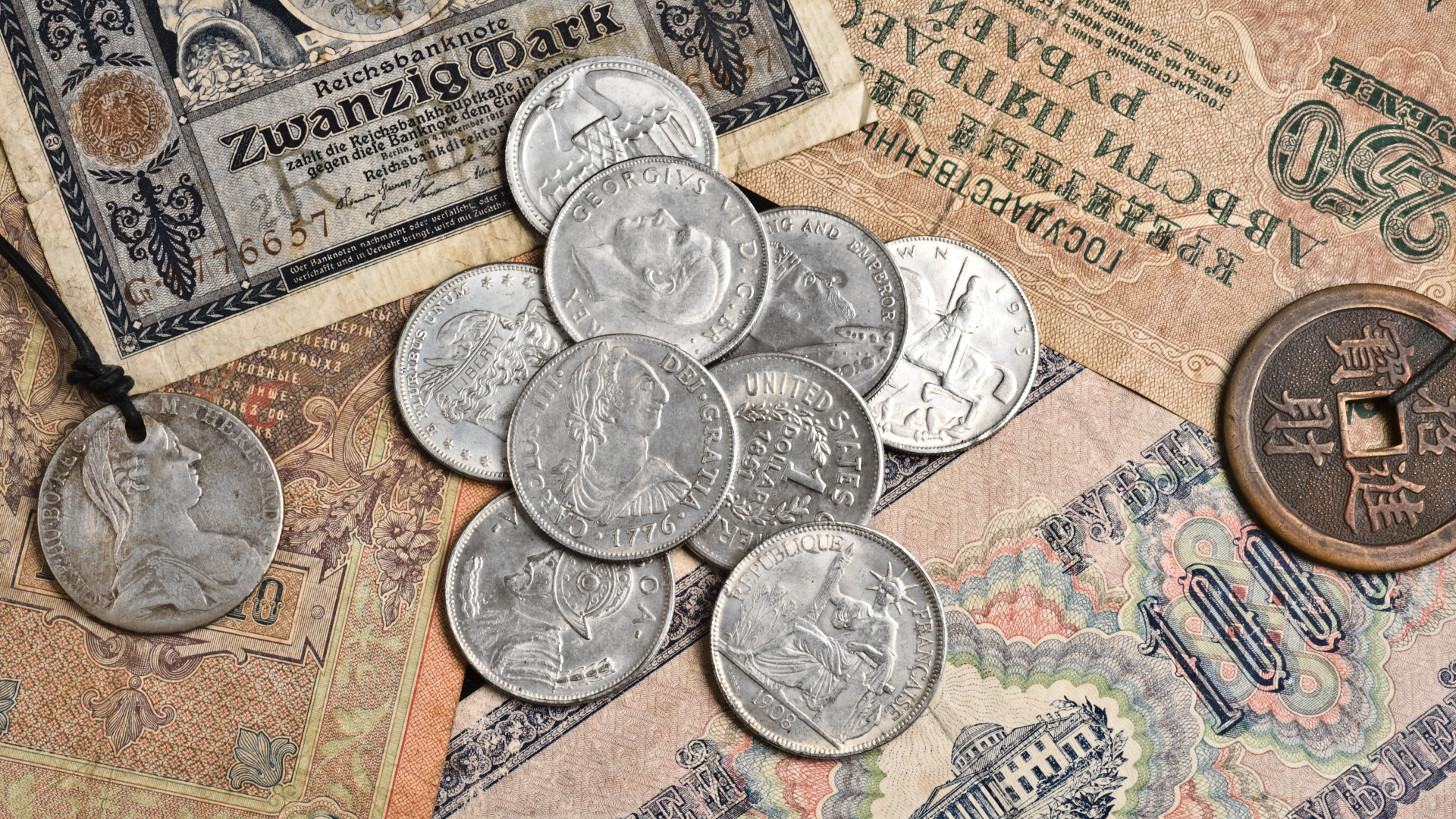
A history of money and the gold standard
July 28, 2023 | Post
The history of money is a story of human ingenuity and economic evolution. From the early days of bartering to the unfortunate establishment of fiat currency to a future rippling with potential thanks to cryptocurrencies, the concept of money has endured a wild ride.

Can the clever federal fox be outsmarted?
December 15, 2022 | Post
While the Federal Reserve prints more money to buy more things for the political establishment, the rest of us work to provide them with the resources they need for less pay in terms of purchasing power. So what can we do about it? Can we create alternatives to the Federal Reserve System?
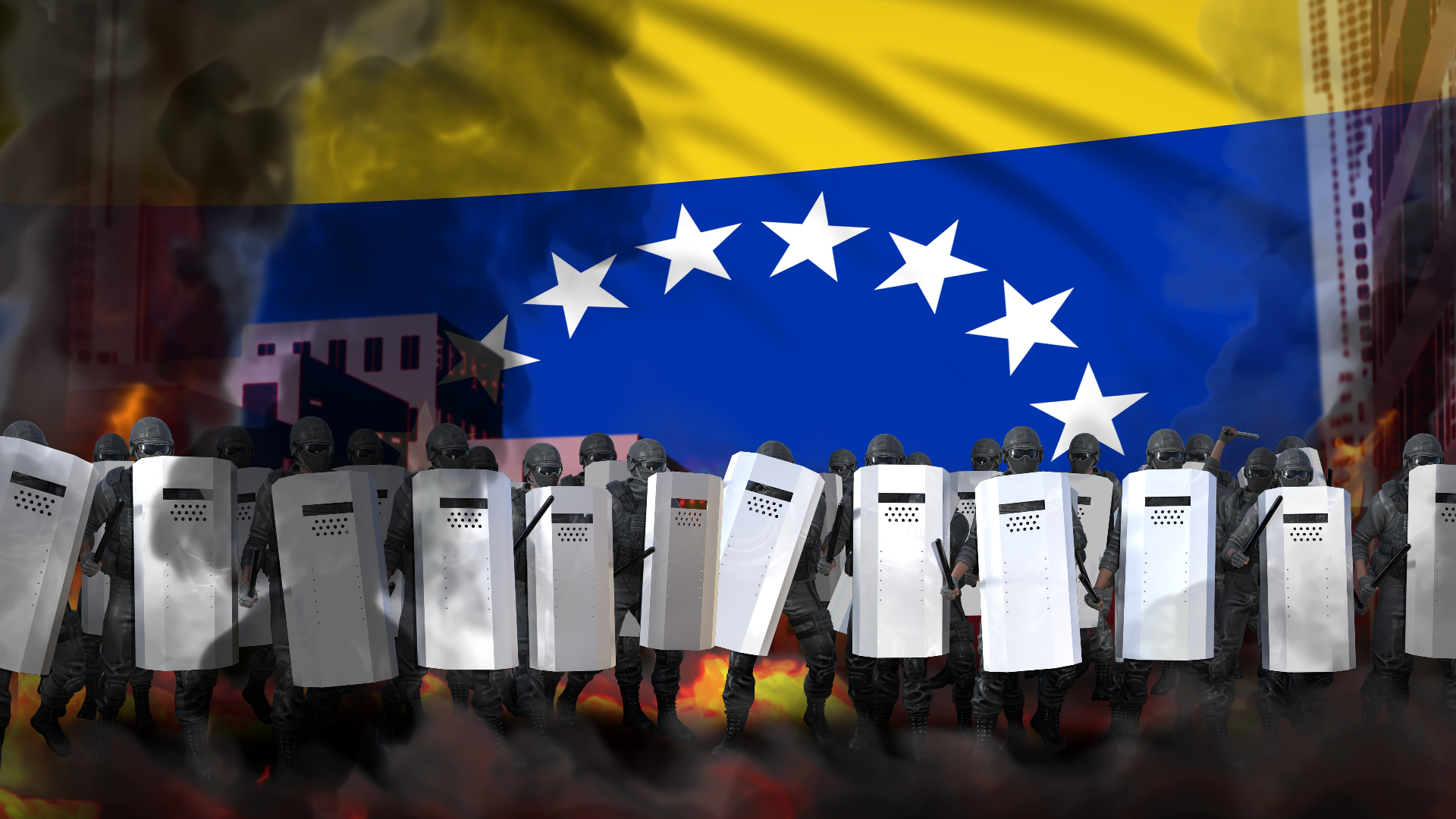
How to prepare yourself for hyperinflation: tips from the Venezuelan experience
December 8, 2022 | Post
While true hyperinflation does not happen often, it’s always good to know the measures you could take to overcome the challenges presented by hyperinflation if ever it occurs in your country (and the chances are never quite zero.)

Libertarian solutions to inflation
November 10, 2022 | Post
As long as half of the country believes that inflation is caused by the war in Ukraine, COVID, corporate profits, or that inflation like this is new and temporary, there will never be proper solutions. At best, it will be viewed as one of those random problems we must deal with when we have a crisis. At worst, policies like price controls and other government interventions will gain steam. Instead, we must move to cure inflation with more liberty.

Stop stealing our future: why inflation matters for everyone
November 10, 2022 | Post
Today, after record prices hit the everyday goods Americans use – food, housing, gas; everyone is familiar with the I-word. However, Americans are struggling to understand how inflation happens and why it matters so much.
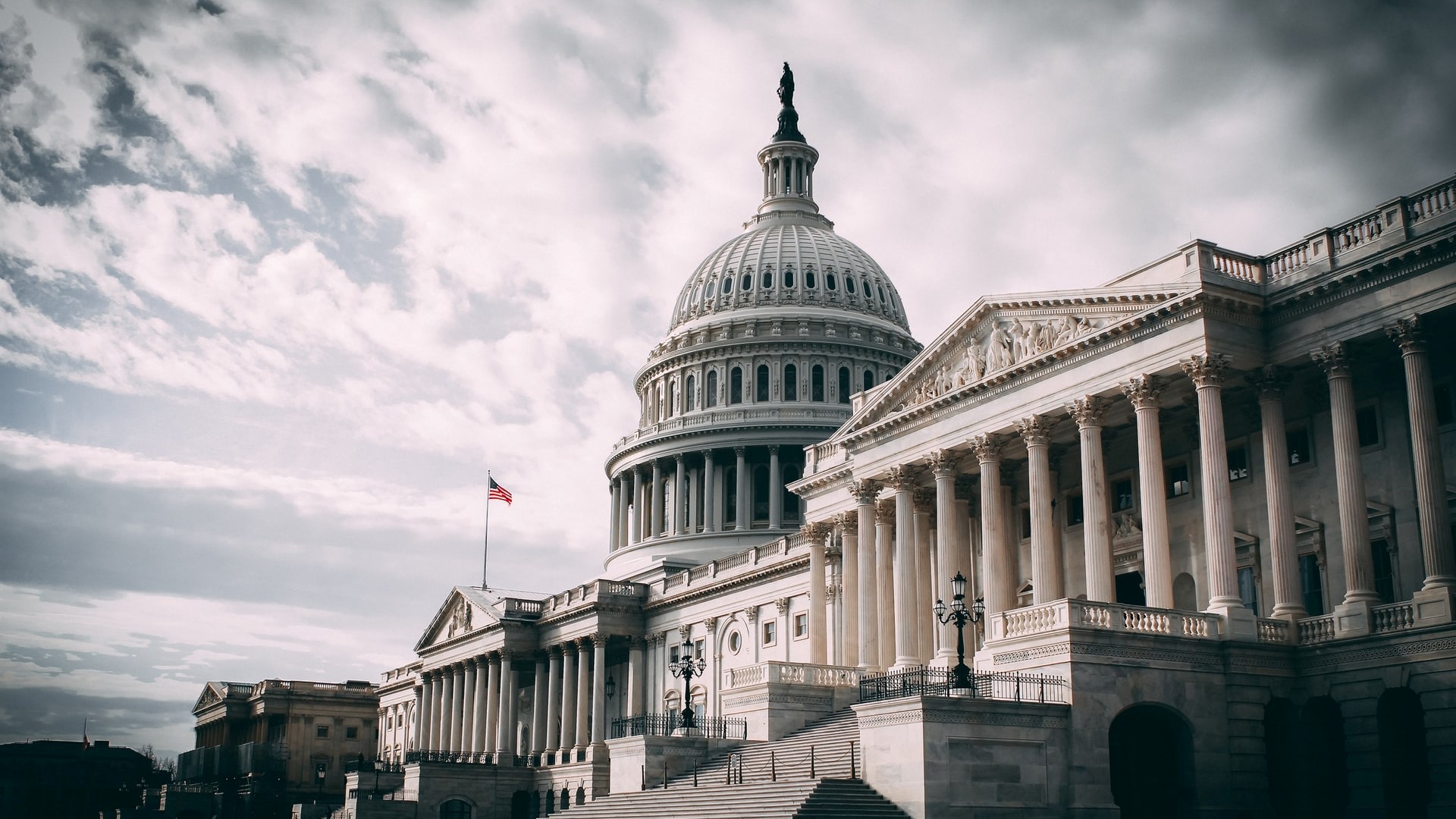
We cannot continue to ignore the root causes of America’s debt crisis
October 16, 2021 | Post
Addressing the debt ceiling may have been pushed further down the road, but the root causes of America’s debt crisis need urgent attention.

The international currency playoffs
January 8, 2017 | Post
There are 32 national currencies in these playoffs, from the 32 largest economies in the world. The winner of each currency-to-currency matchup depends on their exchange rates from January 1 to December 20, 2016.
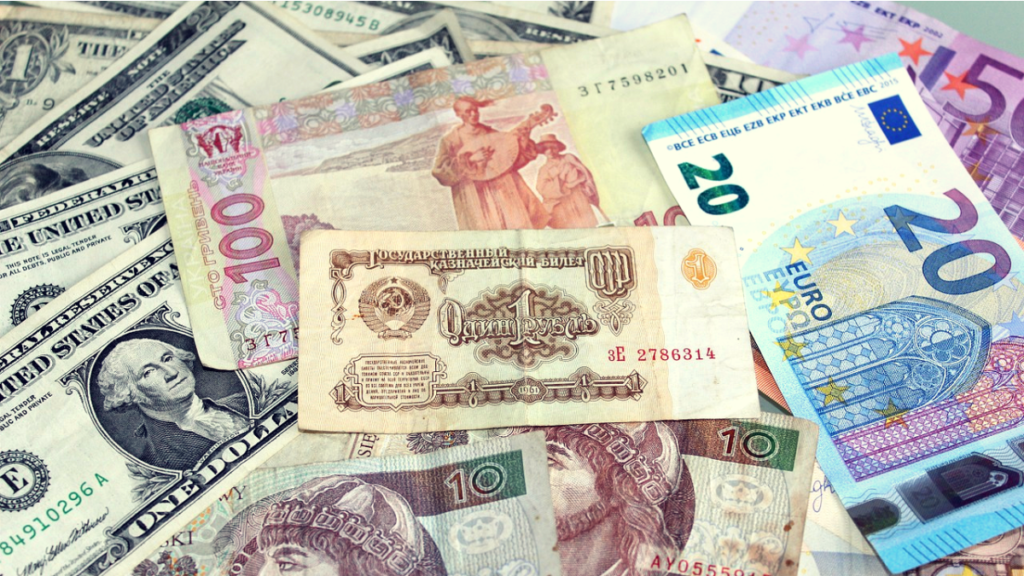
Indian Prime Minister's shake down of private wealth
December 29, 2016 | Post
Indian Prime Minister Narendra Modi stunned his country earlier this month when, out of the blue, he declared 85 percent of the nation’s currency notes null and void.

Fiscal and economic implications of higher interest rates
December 10, 2016 | Post
As the Mercatus Center’s Scott Sumner often says, one ought never to reason from a price change. Interest rates, like other prices, can change for all sorts of reasons; the implications of the change generally depend on the particular reason for such a change.

What will Donald Trump’s presidency mean for the Federal Reserve?
November 14, 2016 | Post
Here are some thoughts on the implications of Donald Trump assuming the presidency with respect to monetary policy.
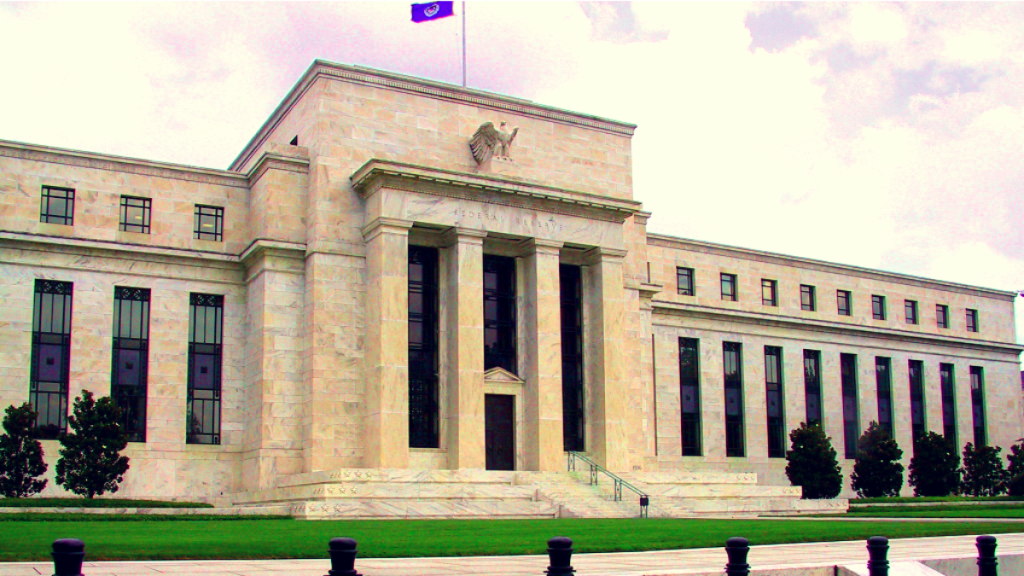
Cash is not the enemy; central banks are
October 19, 2016 | Post
Are interest rates not prices? And if so, should they not be discovered instead of imposed?

Highlights from Professor Steve Horwitz's AMA
October 17, 2016 | Post
We’ve taken the liberty of compiling some of the highlights for your viewing pleasure.
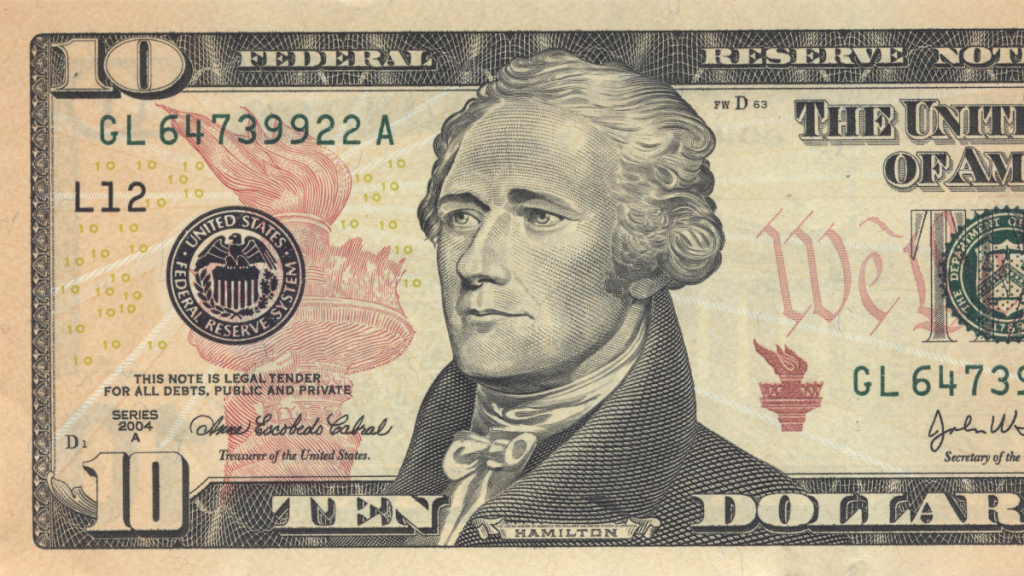
Alexander Hamilton, a Second-Hand Dealer in Retrograde Mercantilist Ideas
September 11, 2016 | Post
[Alexander Hamilton] was decidedly retrograde in pushing for an exclusive nationwide bank with a sweetheart government deal. He was not a creative policy genius so much as a persuasive second-hand dealer in discredited mercantilist ideas.

Venezuela vs. Ecuador (Chavismo vs. Chavismo Dollarized)
July 22, 2016 | Post
This piece was originally published at the Cato Institute. Tune into Learn Liberty’s Facebook page on Monday at 3pm for a Facebook Live event with professor Steve Hanke on this topic. With the arrival of President Hugo Chávez in 1999, Venezuela embraced Chavismo, a form of Andean socialism. In 2013, Chávez met the Grim Reaper […]
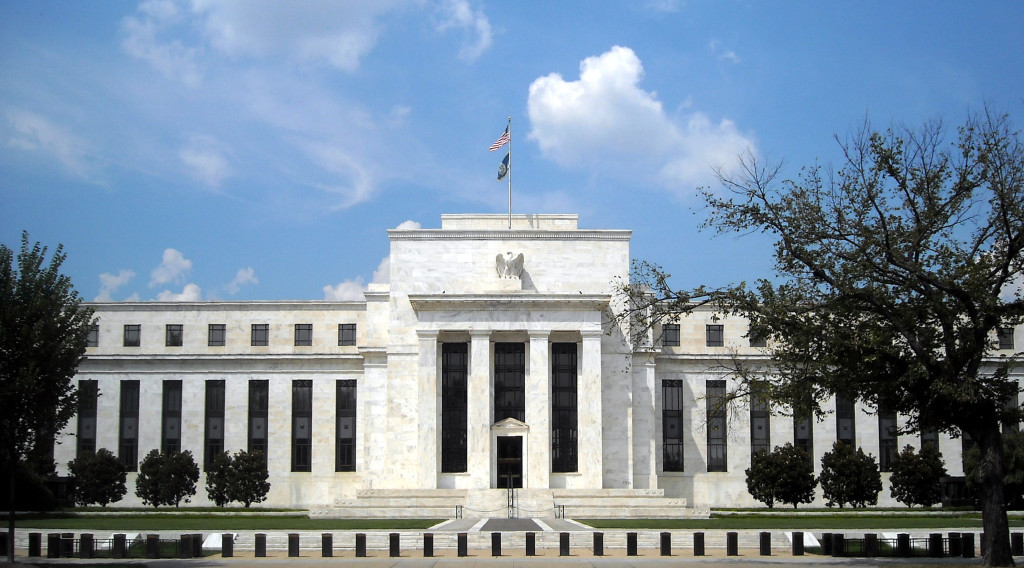
Are Low Interest Rates Good for the Economy?
April 19, 2016 | Post
The Federal Reserve has been in the news a lot lately because of its attempts at conducting monetary policy in the wake of the 2008 financial crisis. In December of 2015 the Fed’s policy-making body, the Federal Open Market Committee, voted for the first time in 7 years to raise the interest rate on bank […]
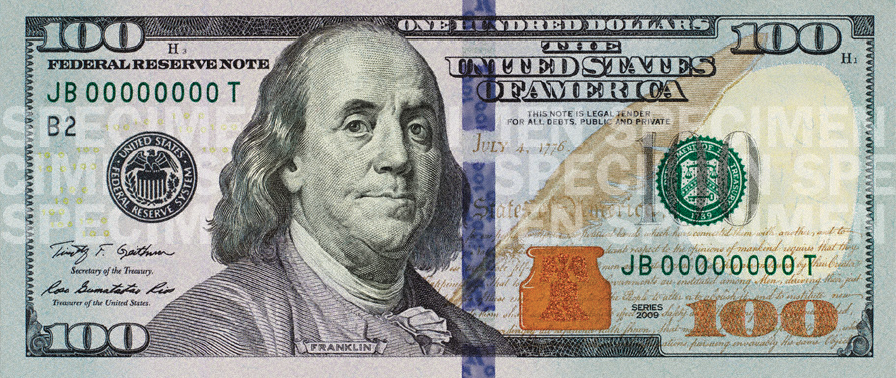
Should America Kill the $100 Bill?
March 7, 2016 | Post
“Is Now the Time to Kill the $100 Bill?” That’s the title of a Wednesday, February 17 article in the Wall Street Journal, prompted in part by a blog post from former Secretary of the Treasury Lawrence H. Summers.The article states that the Treasury Department has no current plans to eliminate the $100 bill, so […]

Should We End the Fed?
January 12, 2016 | Post
In just under two weeks the U.S. Congress will vote on whether or not to grant the Office of the Comptroller General of the United States the power to conduct an audit of the Federal Reserve’s balance sheet. The Federal Reserve and the conduct of its monetary policy has grown under increased scrutiny over the […]
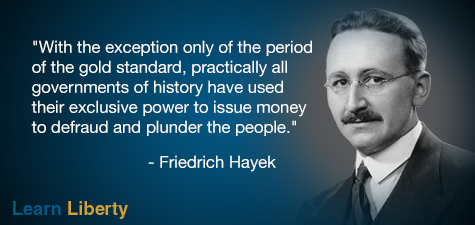
Quote of the Day: Hayek on Money
December 22, 2015 | Post
F.A. Hayek was highly critical of central banking and of government’s proclaimed interest in holding a monopoly on the issuance of money. Hayek eventually turned his opinions on money and free banking into an economic treatise in the book “The Denationalization of Money“. Some even say Hayek predicted the emergence of Bitcoin nearly three decades […]

How Bitcoin Can Help Get Money to Refugees in Need
November 11, 2015 | Post
This post by Kevin Boyd originally appeared on R Street on October 19th, 2015. Below is an excerpt. Bitcoin and other cryptocurrencies have grown in influence and usage the past few years. People looking for an alternative to government-issued fiat currencies, or who simply don’t trust having their spending tracked by banks, have flocked to them. Bitcoin […]

